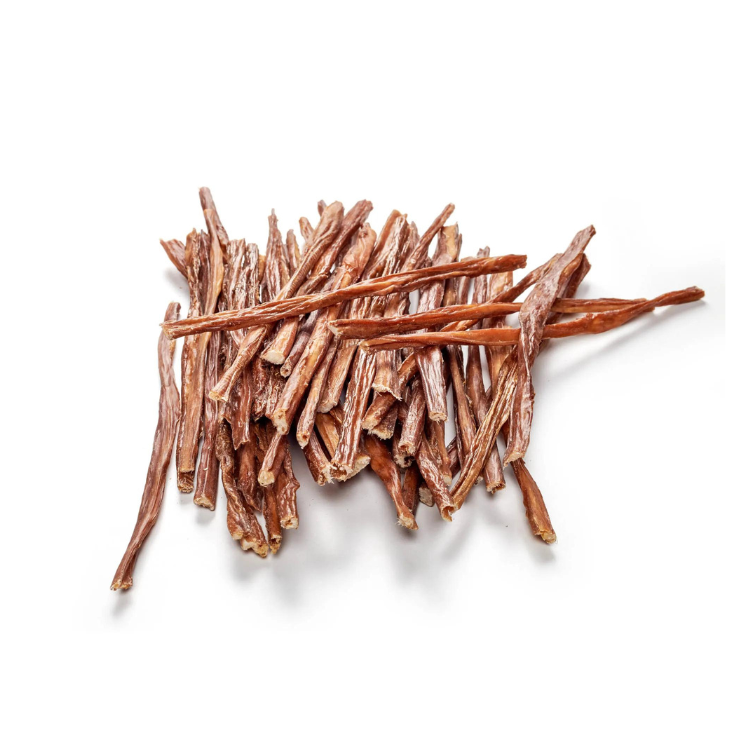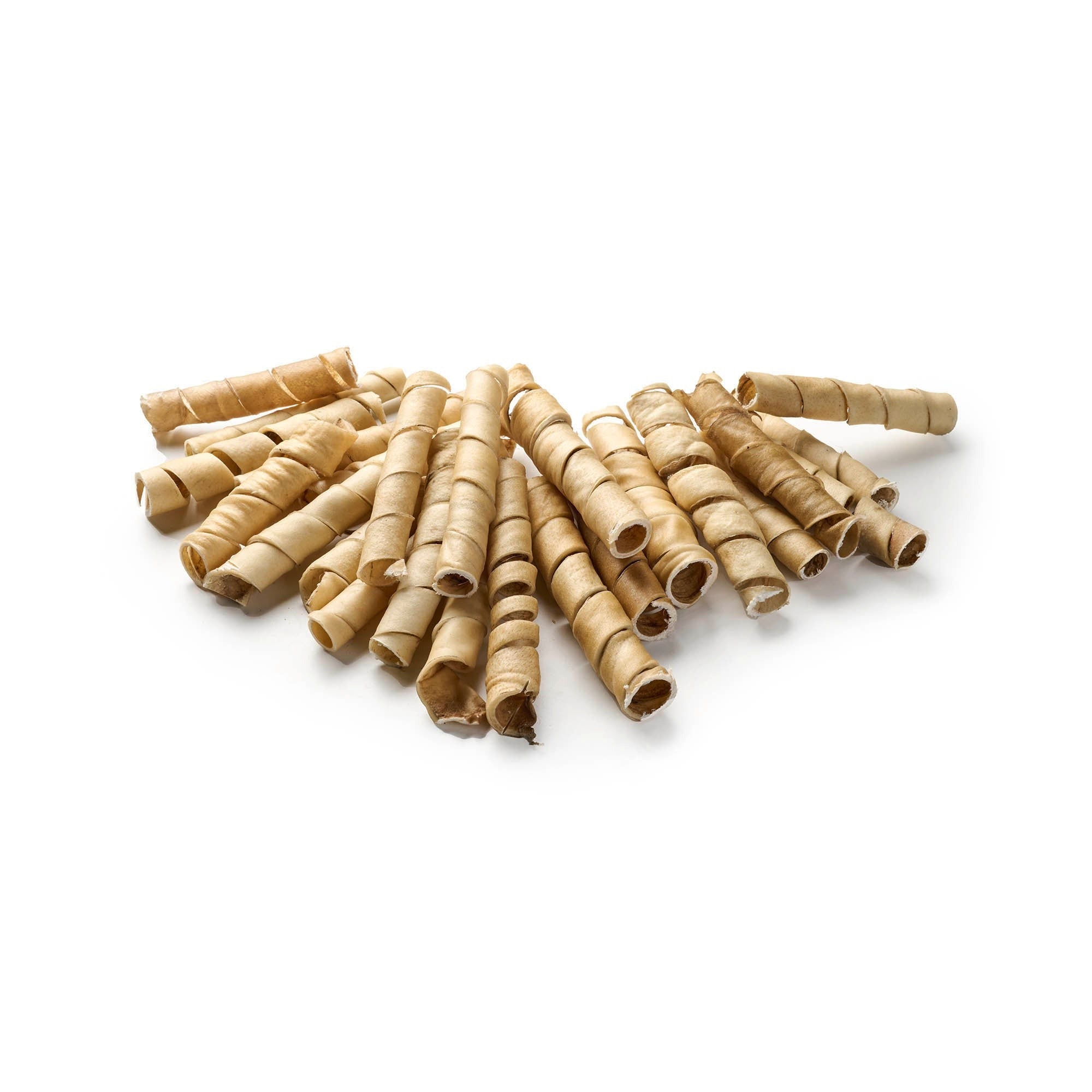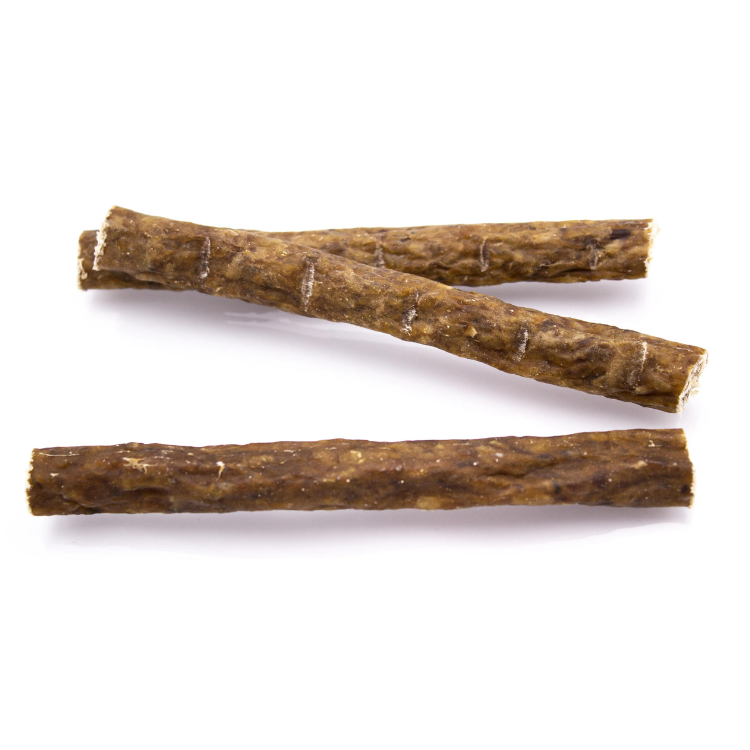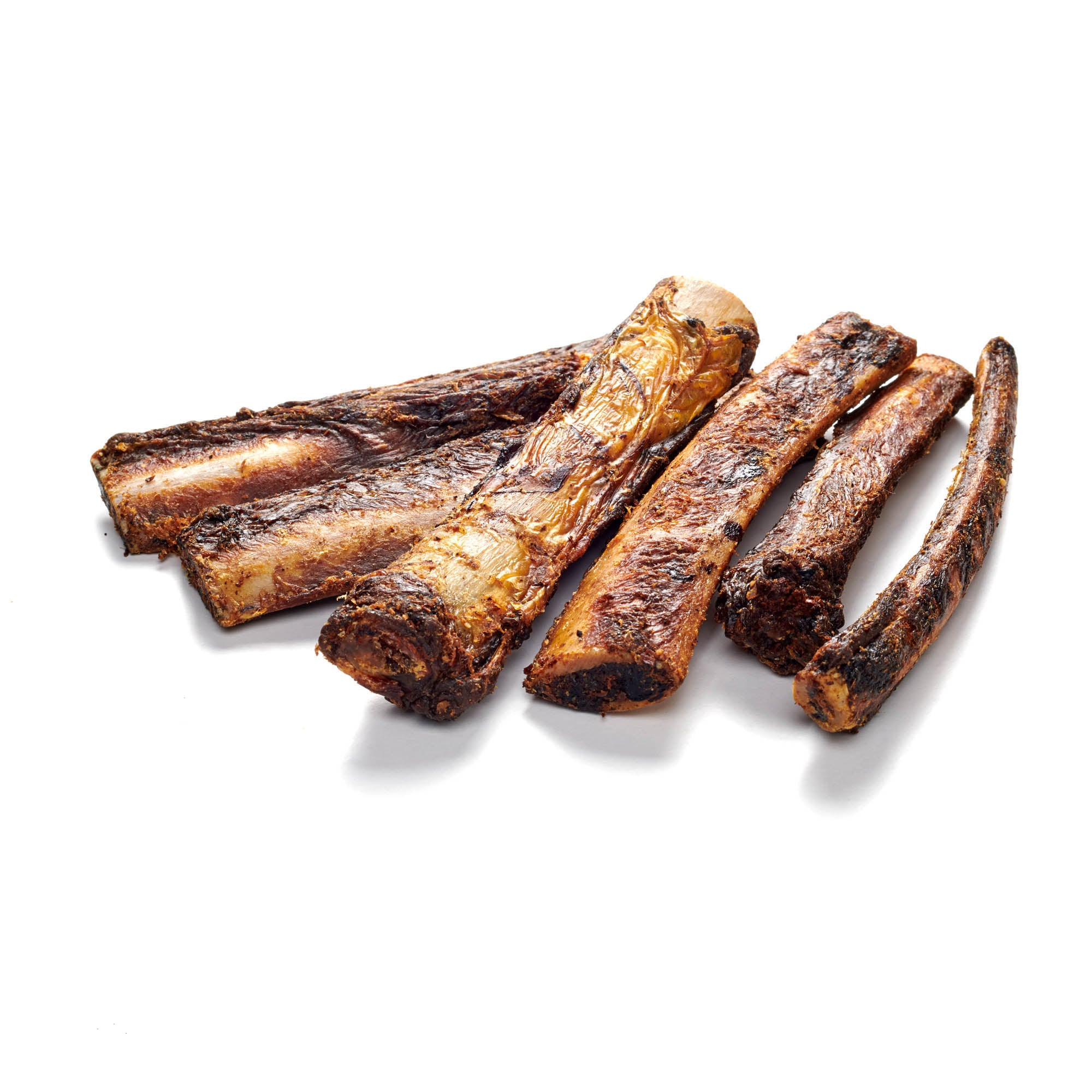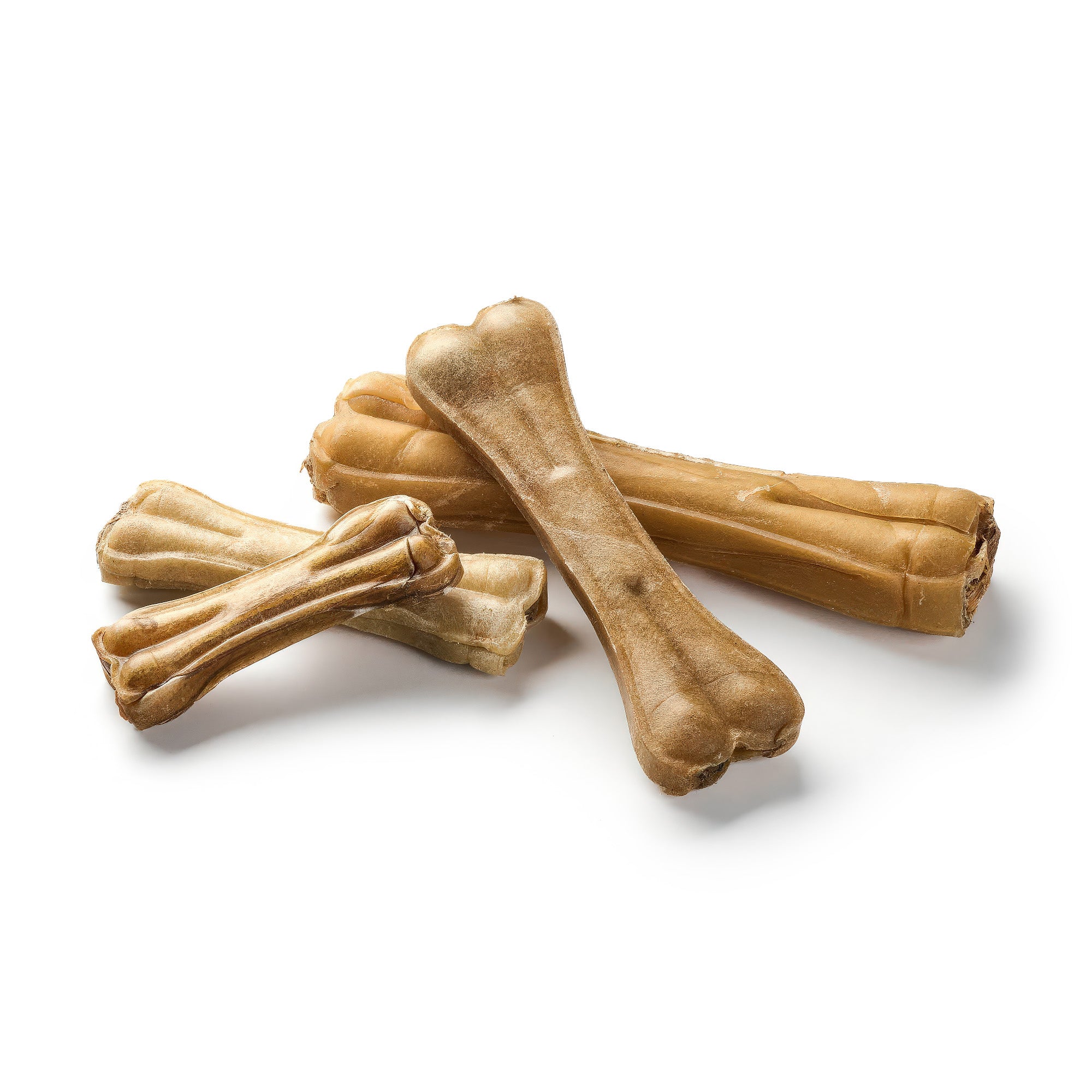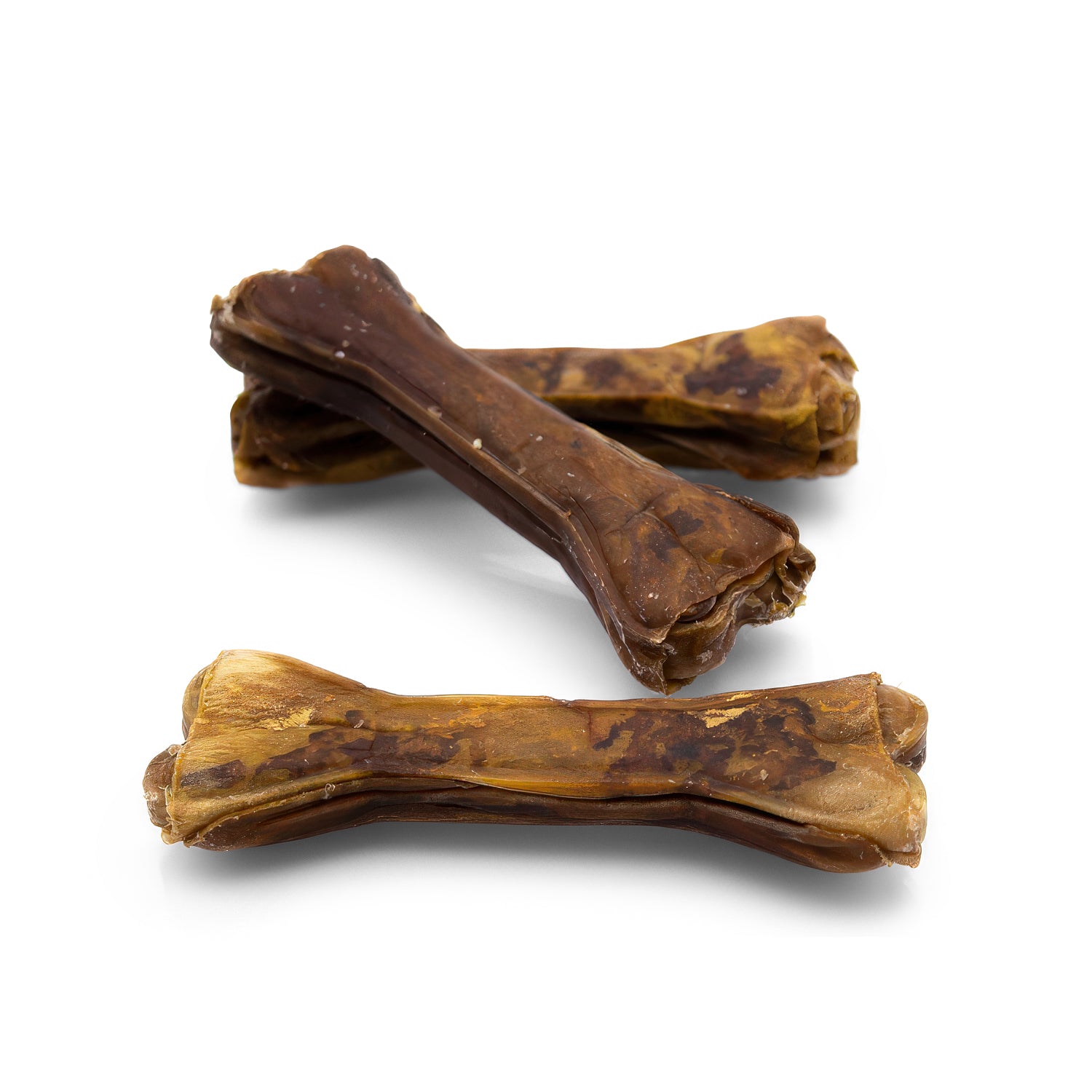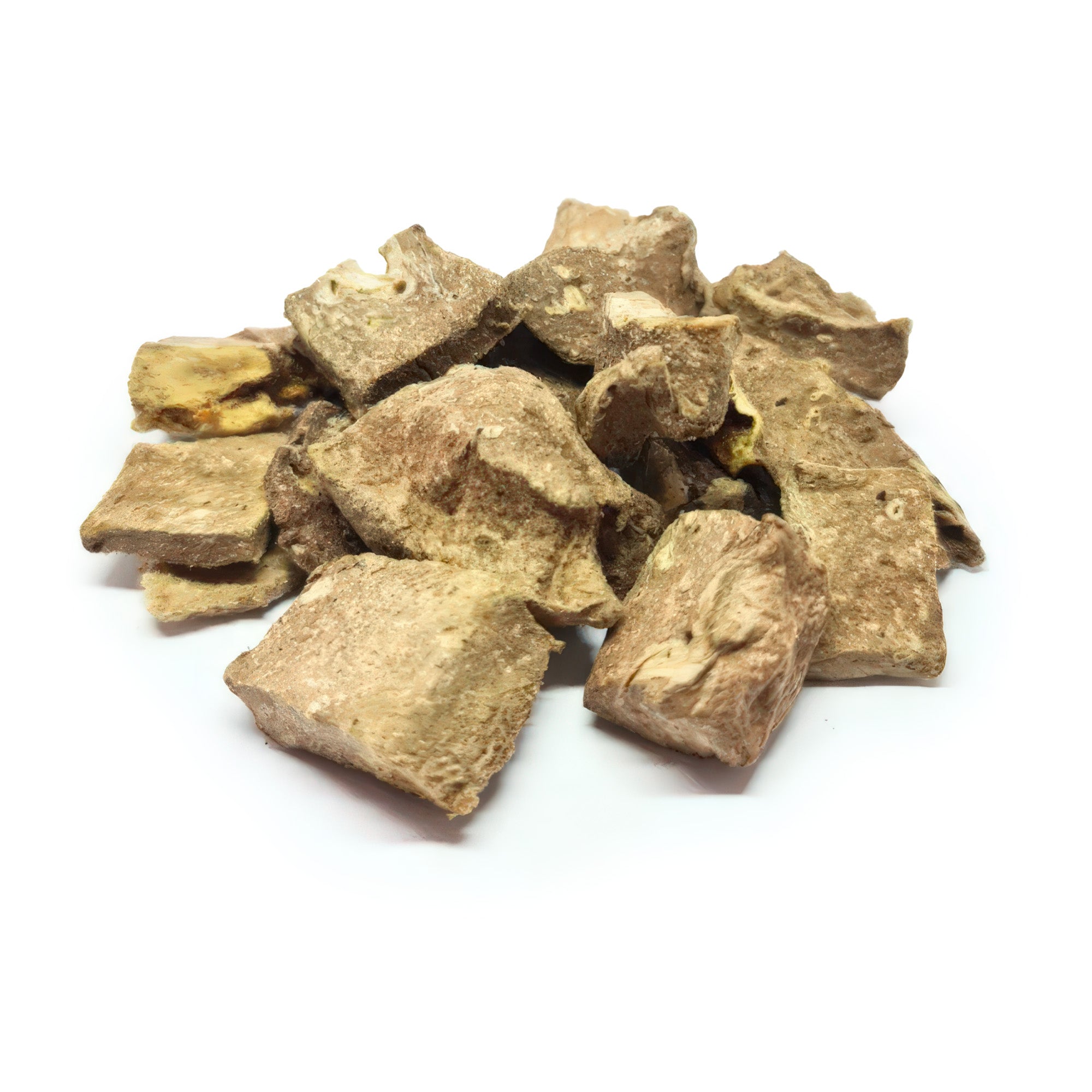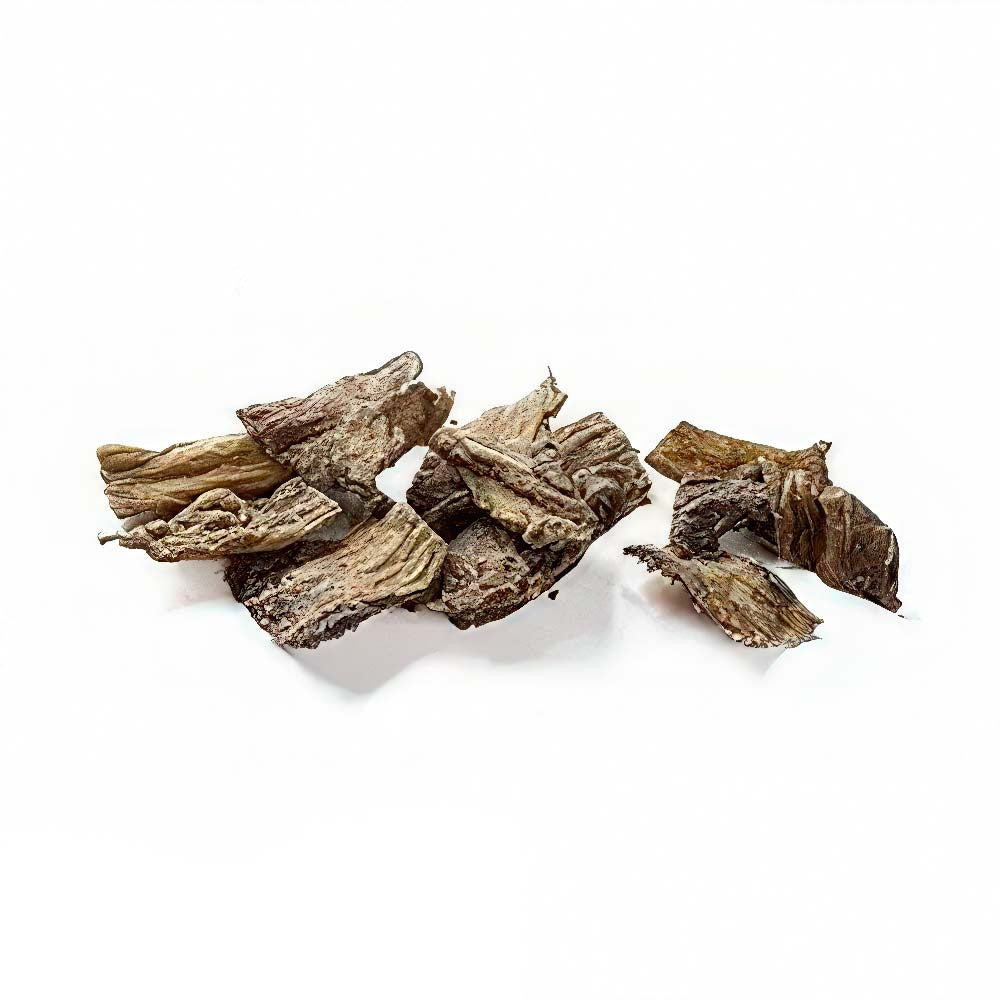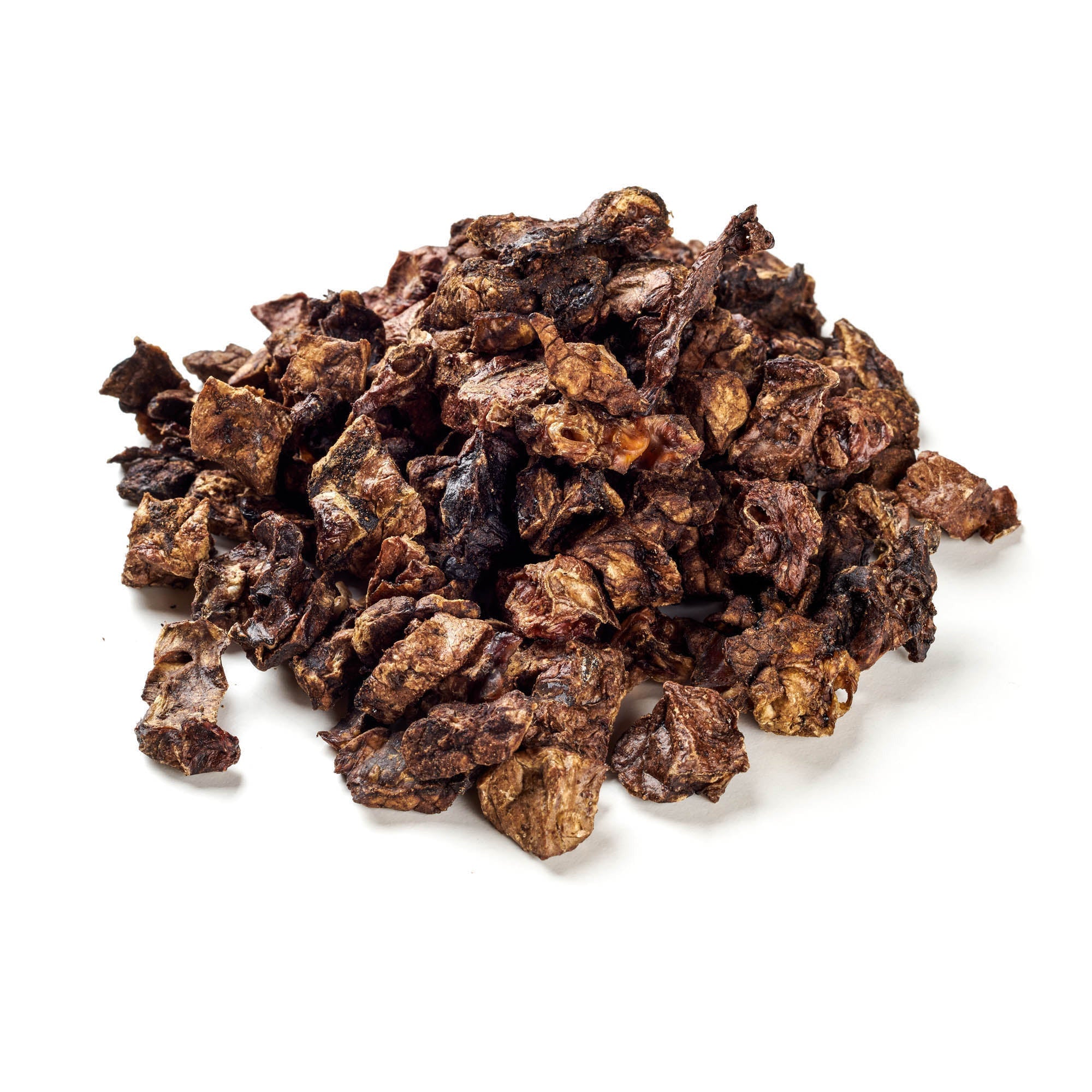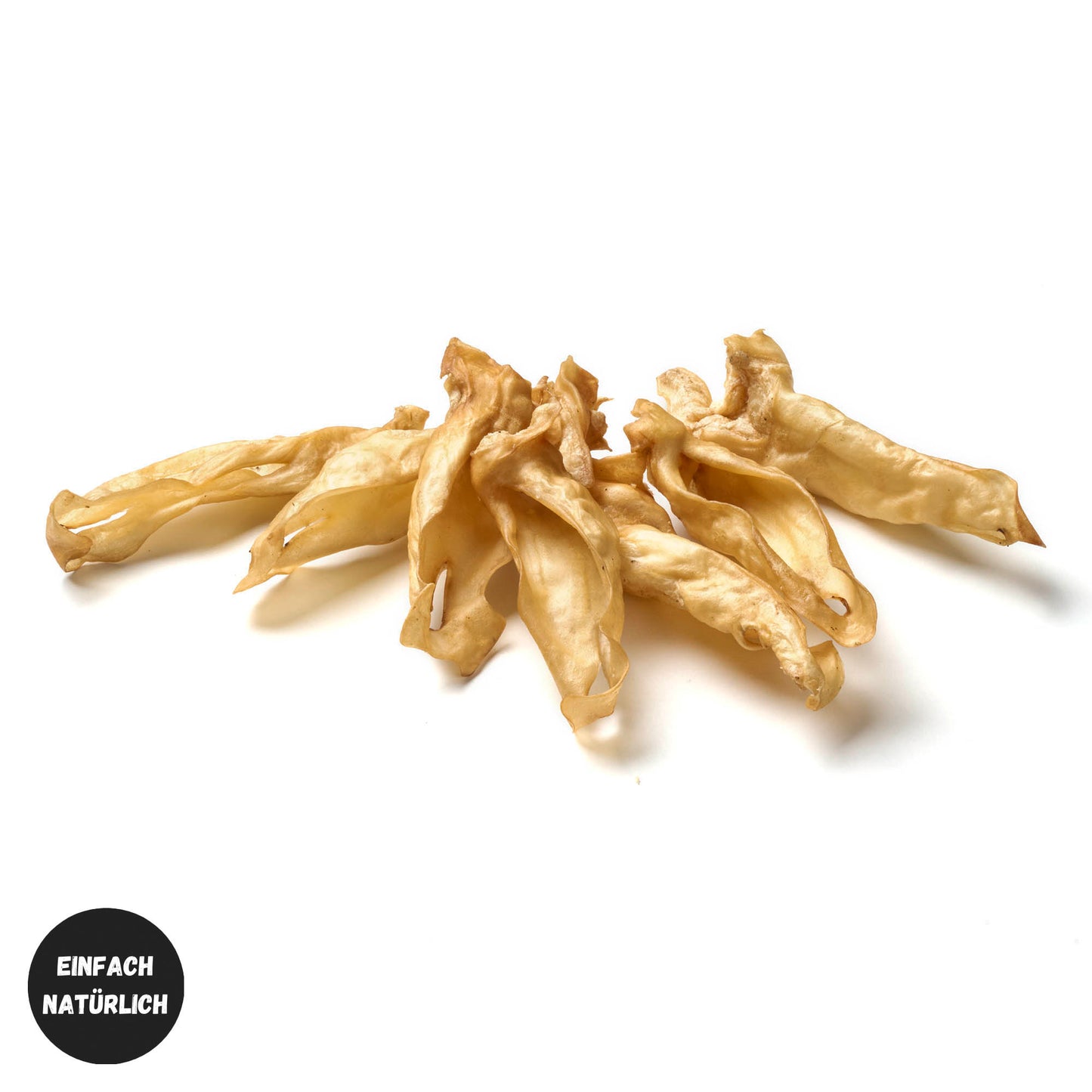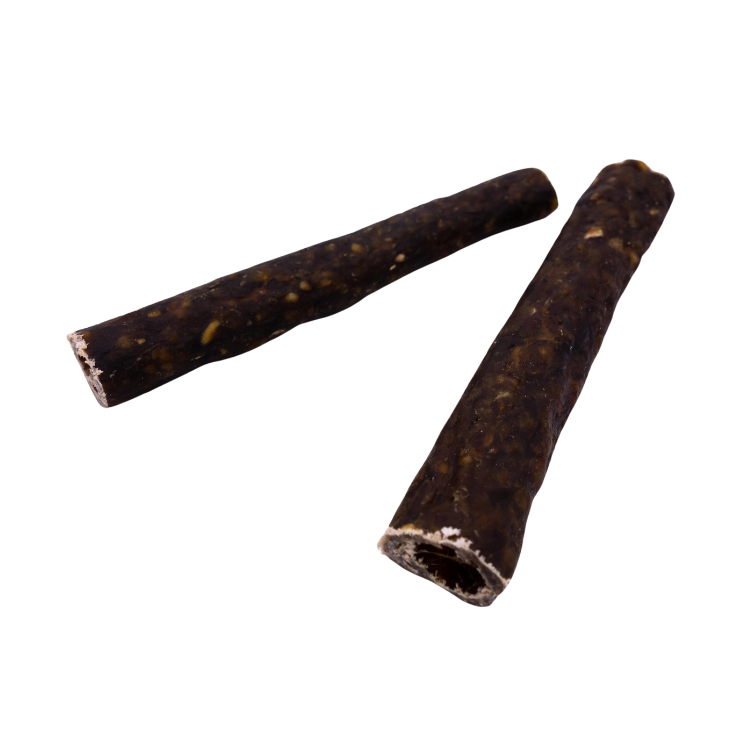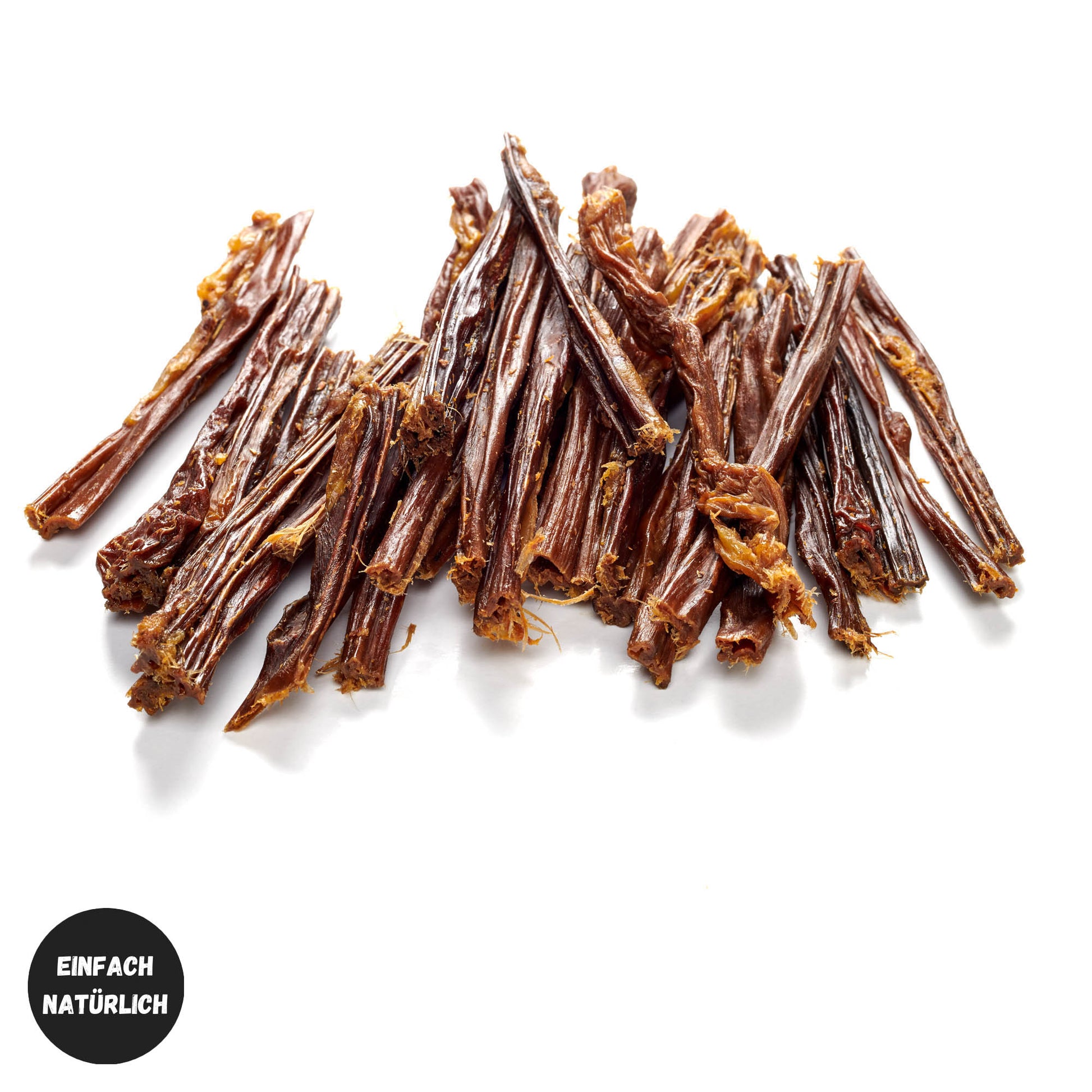
Dogs in the garden - tips and ideas for a great gardening experience
Share
A dog that happily plays in the garden is a classic dream of many dog owners. However, to ensure that your four-legged friend can play in the garden without worry, some planning and preparation is required. Take the time to make sure that your garden offers your four-legged friend everything he needs to be happy. We can help you with our tips.
Content: Dogs in the garden
- Tips for the dog in the garden
- Ensuring access to water
- Planning a shaded area
- Artificial turf in the garden for the dog
- Dog toilet in the garden
- Garden toys and games for dogs in the garden
- Dog problems in the garden
- Dog digging in the garden
- Dog escapes from garden
- My dog is constantly barking in the garden
- Dog eats its own feces in the garden
- Dog suddenly afraid in the garden
- Poisonous and non-poisonous plants for dogs in the garden
Enjoy moments together with our delicious dog chews!
Tips for the dog in the garden
Before allowing your dog to play outside alone, always make sure that the weather will not cause problems for him, as some dog breeds can be a little sensitive to weather that is too hot or too cold.
For example, panting when the humidity is too high can lead to breathing difficulties. You should therefore keep an eye on your four-legged friend if the humidity is higher than normal. This way you can always intervene if your dog starts to have problems.
Another aspect that plays a role in the weather for dogs is the length of their fur. Dogs with long fur logically have fewer problems with cold weather than dogs with short fur. The same applies in reverse to warm summer weather.
Ensuring access to water
Your dog needs to have the opportunity to drink water all the time. So make sure he always has a water bowl ready and fill it up when necessary. In summer, for example, you can also add ice cubes so that your four-legged friend can keep cool.
Planning a shaded area
Many dogs that play in the garden often have a favorite spot where they like to lie down. Especially in summer, it is important that you provide your dog with an area where he is completely covered in shade. A dog house is usually not the right solution for this, as the temperature inside can reach very high levels.
Trees or densely grown bushes and shrubs are ideal. Your furry friend can make himself comfortable here and get some rest.
Artificial turf in the garden for the dog
Artificial turf for dogs (and other pets) is generally not that common, but can be beneficial for some dog owners.
For example, if your garden is not very well-grown and your dog regularly brings a lot of dirt into the house and makes everything dirty, then a high-quality artificial turf can certainly help.
Your dog will quickly realize that this is not real grass. If you notice that he is chewing on it and possibly swallowing parts, then this is a case for the vet. Fortunately, this problem is extremely rare.
Dog toilet in the garden
Setting up a place for your dog to go in the garden is a good idea.
This is particularly useful for puppies who want to practice doing their business outside the house. Older dogs generally don't have a problem with it and usually only do their business outside anyway.
For example, choose a tight corner and set up a square area measuring 2 x 2 meters that your four-legged friend can use as a place to go.
Garden toys and games for dogs in the garden
There are a number of toys you can provide for your dog. These toys include:
- Chew toys
- Frisbee
- Squeaky toys
- Plush toys
- Interactive toys
You can either choose a toy that your dog has liked in the past or try introducing a new toy. There are many options to choose from.
Dog games for the garden
Your dog needs to be given regular time to play freely. This increases the chance that he will stay as fit as possible, both mentally and physically. To make it fun, you can use various toys from the list above. You can also use toys filled with dog treats as additional motivation. This will give your furry friend the feeling that he is working towards a tasty reward every time he plays.
You can also play games with your dog without toys. These can consist of puzzles or chasing moving objects.
Make your dog happy with our delicious snacks!
Dog problems in the garden
Allowing your four-legged friend to run around freely in the garden is of course a good thing. However, there are a few things in the garden that you should pay attention to, as they can either cause problems for your dog or possibly indicate psychological problems in your four-legged friend.
Dog digging in the garden
Many dogs enjoy digging holes in gardens or parks. This is historical and in their nature.
Why do dogs dig in the garden?
Digging in the garden can have various reasons. It can be due to the search for prey or it can be due to the storage of food. However, since this is usually no longer necessary, the behavior can also be based on increased boredom.
How do I stop my dog from digging in the garden?
Since this behavior is usually undesirable in parks and also spoils your own garden, you should try to get your furry friend to stop digging. This can be difficult, but you can try to keep your dog busy with other activities to distract him.
So make sure you take your dog for walks and play with him enough. You can also set up a small corner where he can dig and reward him every time he digs there. This may not stop him from digging completely, but you can at least restrict it to a designated area.
Dog escapes from garden
Every now and then, a dog will take the opportunity to escape from the garden. This behavior is often due to the dog not being sufficiently stimulated and being bored. When the garden gate opens, he senses the chance for an adventure and more entertainment and runs out. Therefore, you should consider whether there may be other communication problems between you and your four-legged friend.
My dog is constantly barking in the garden
If you often experience your dog barking in the garden, you should try to find out the reason for this. The decisive factors could be:
- Fear
- uncertainty
- Protective instinct
- boredom
- Fun
- Genetic reasons
Try to observe the situations in which your dog barks the most. This may help you identify certain behavioral patterns and the main cause of the barking.
How do I stop my dog from barking in the garden?
Whether your dog is just barking because he wants to protect you from strangers and visitors or because he is bored, it can be difficult to stop your dog from barking regularly. But there are steps you can take to help you do so.
For example, you can choose to ignore your dog when he barks and praise him when he stops. As with digging, your dog may simply need more activity because he is too bored. So consider whether your dog is getting enough physical and mental stimulation. If not, consider getting new toys or playing new games with him.
First-class dog chews for happy sniffing noses available here!
Dog eats its own feces in the garden
If you see your dog eating his own feces, this often indicates a behavioral disorder or other problems. Possible causes include:
- Poor hygienic conditions
- stress
- Mental problems
- Attention problem
- Disturbed intestinal flora
- Malnutrition
To counteract this behavior, it is important to address the cause. Appropriate behavioral training can help. If you suspect the intestinal flora, it is best to first visit a vet to clarify the situation. Nutrient and vitamin deficiencies may be causing the symptoms and perhaps your furry friend's dog food needs to be examined.
Dog suddenly afraid in the garden
Do you have the impression that your four-legged friend no longer feels comfortable in the garden? You could be right. Perhaps your dog was startled and has been feeling unwell ever since. This is difficult if you didn't notice anything and can't determine the cause with certainty. What you can do, however, is to put the garden in a nice and positive light.
Have fun with your dog in the garden, play with him, present the garden as an oasis of security. If your dog has lost trust in the garden, he will remember the beauty of the garden again.
Poisonous and non-poisonous plants for dogs in the garden
Just like for us humans, problems can also arise for our four-legged friends if they come into contact with poisonous plants.
But which plants in the garden are poisonous to dogs and which are not?
There are, of course, a large number of plants to consider. We have already provided a small selection for you.
Poisonous plants for dogs
- Cyclamen
- amaryllis
- Boxwood
- ivy
- Ficus
- geranium
- lily of the valley
- Lilies
- Orchids
- Daffodils
- Tulips
- Cow parsnip
Non-toxic plants for dogs
- bamboo
- Sweet William
- gentian
- grass
- Bellflower
- hibiscus
- Nasturtium
- clover
- lavender
- Magerite
- Marigold
- Sunflowers
- Pansies
However, these lists are not complete and are intended only as an initial guide.
Conclusion
In general, it is considered safe to let your dog play alone in the garden for a while. However, you should make sure you have the right balance and not leave your dog alone for too long. This may lead to undesirable behavior and your dog will either start digging vigorously, bite the fence, bark loudly at the neighbors or develop anxiety.
Just like humans, dogs need attention and friends to spend time with. Always remember:
You don’t want to be alone – and your dog doesn’t want that either!
Discover our selection of premium dog chews!

